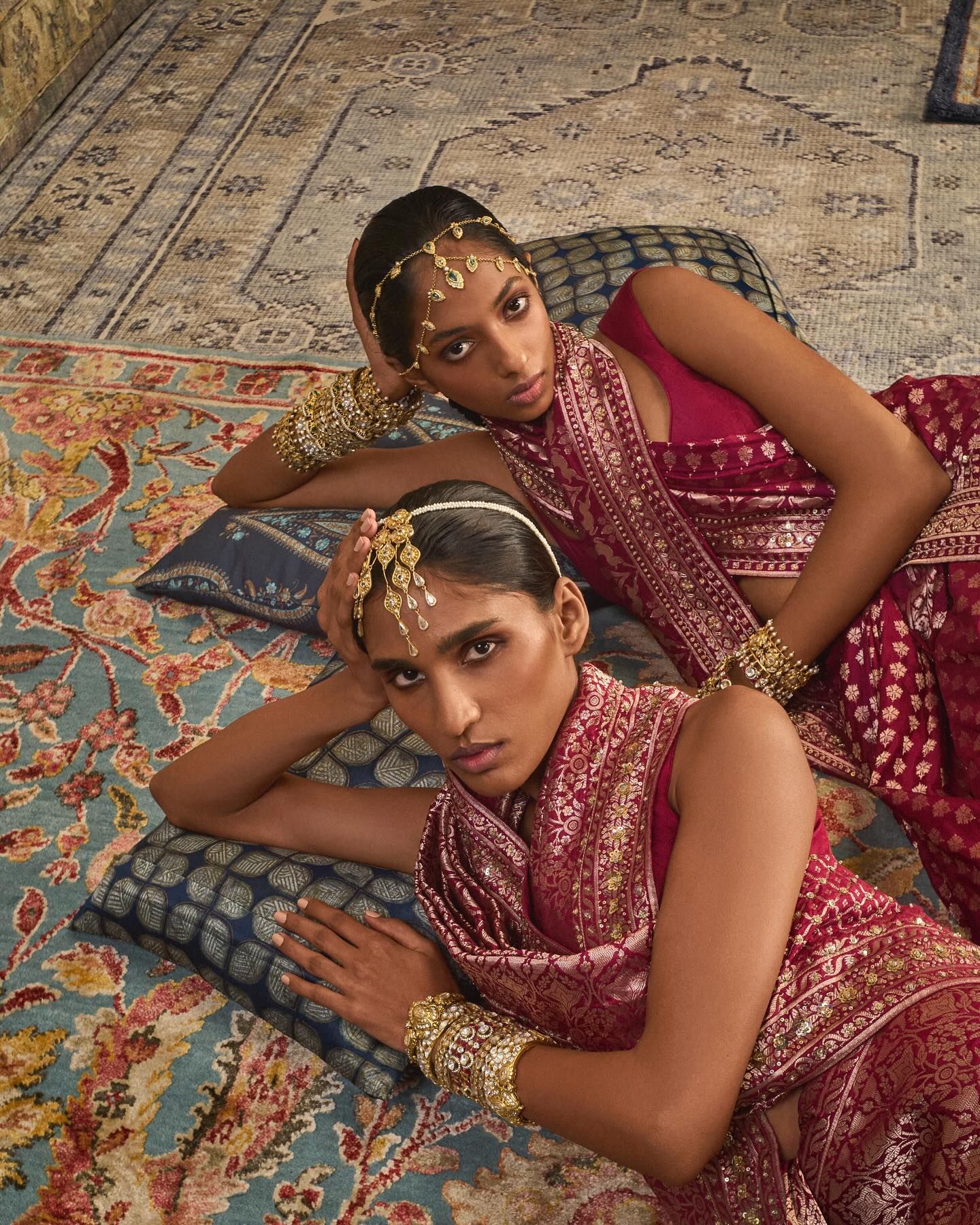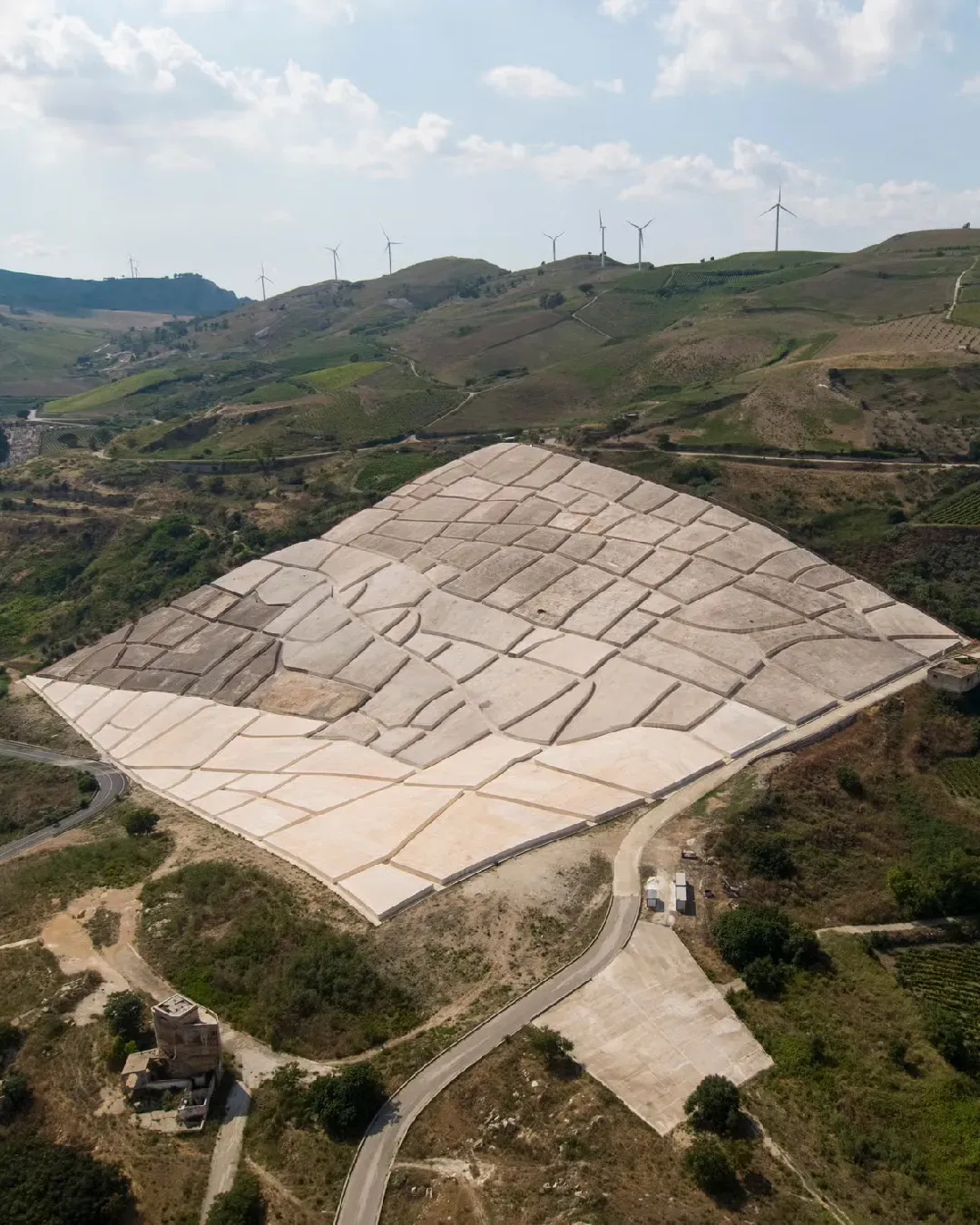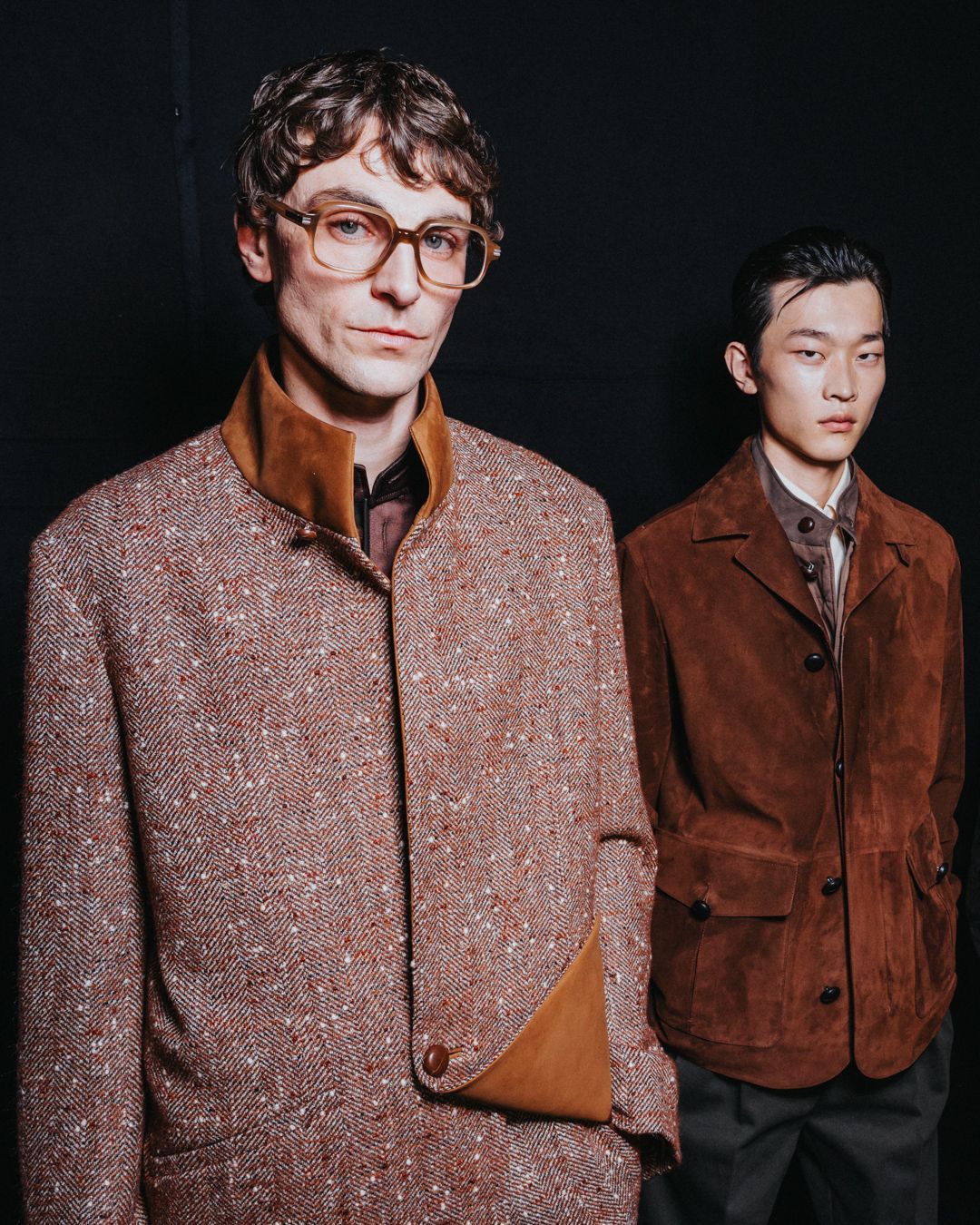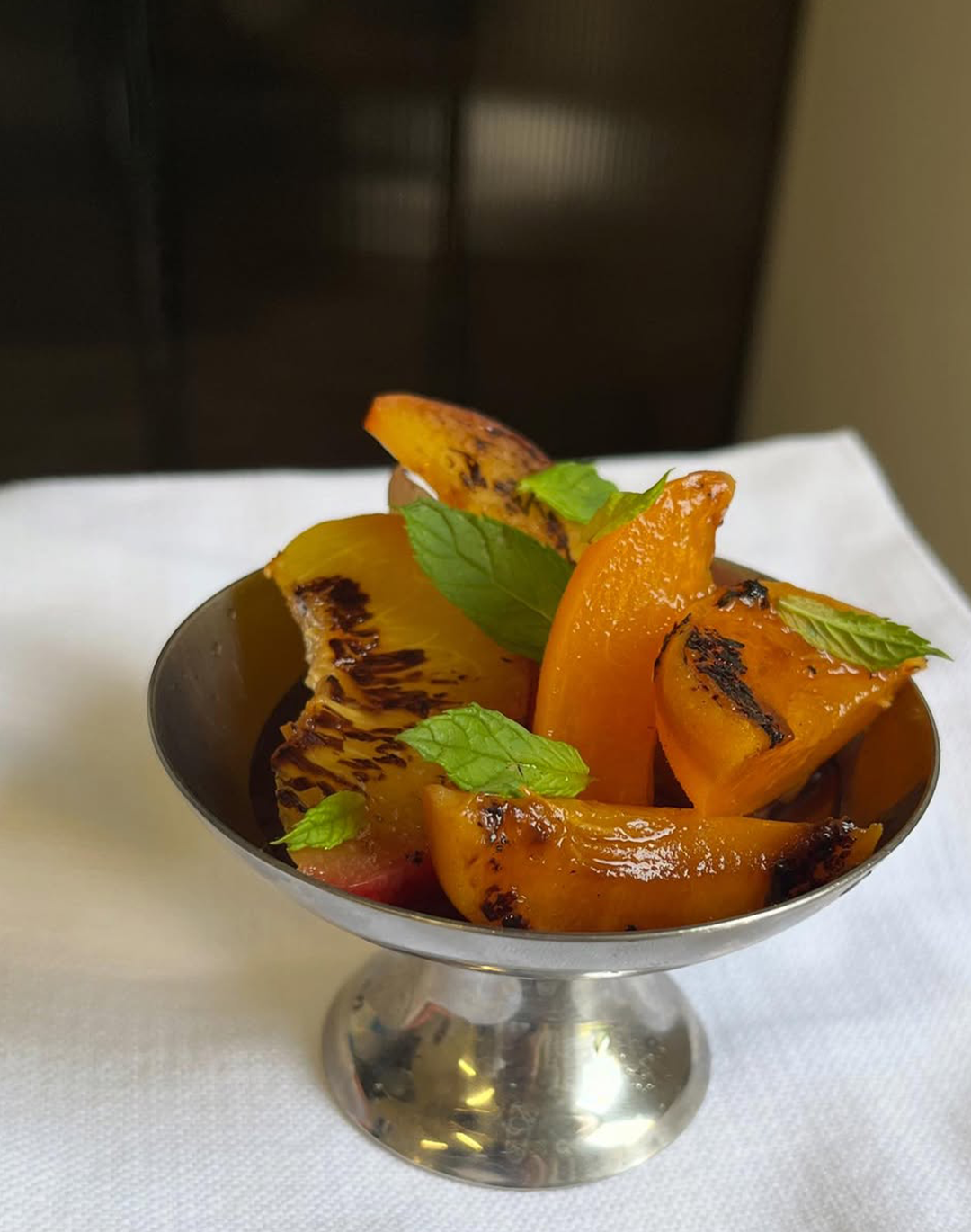
The importance of Dubai for the future of European luxury Opportunities and strategies for fashion brands
When the world’s major powers go through a period of socio-political tensions, regions that previously seemed less relevant start gaining visibility. This is what's happening with Dubai, an area that has always been one of the favorite destinations for luxury fashion, but which has never attracted as much attention from top European maisons as it is now. Along with India, the economic power of the capital of the United Arab Emirates is providing a lifeline to fashion brands that previously relied primarily on the Chinese and American markets, and must now face crises and uncertainties on both fronts. The data speaks for itself: in China, according to Bain, the luxury market shrank by about one fifth during 2024, with Kering’s stock value dropping by 39.4% and LVMH’s by 13%; in the United States, in the past year alone, exports from Italy to the country fell by 0.7%, while the 20% tariffs on European exports represent a major risk for the region’s fashion industry. Adding to this is the TikTok issue, the Chinese social platform highly valued by fashion marketing which may soon be banned in the U.S., painting a clear picture of the limitations of what were once the two most important markets for luxury giants. This is where Dubai comes into play, a region that has always brought great satisfaction to fashion, a symbol of modernity, opulence, and tax benefits, a magnet for capital and startups that is proving more useful than ever to major players in the sector. According to the International Monetary Fund, the UAE is experiencing an annual growth rate of 3% until 2030, a figure also supported by population growth, which analysts at S&P estimate will rise by 7.5%, from 3.6 to 4 million, between 2024 and 2026 thanks to investors and workers seeking opportunities.
@ilovedubaidostiofficial Waterfall Fountain The Dubai Mall #shahiddosti #uae #dubai #tiktok #ilovedubaidosti #tiktokdubai HABIBI COME TO DUBAI - Dubai0006
Dubai offers multiple certainties for luxury. The first is its location, situated between Europe, Asia, and Africa, making it a strategic point especially with the prospect of American tariffs; the second is the high purchasing power of its residents and tourists – who often travel specifically for shopping. These two factors, along with Dubai’s ability to make architecture one of its main attractions, have over time created an important space for luxury brands: shopping malls. As Caterina Ercoli, former Head of Buying at Level Shoes and consultant in buying, merchandising, design, and marketing in Dubai, points out, these spaces in the Arab capital are nothing like the main malls in Italy or Europe and play a dominant role in the development of the luxury market precisely because consumer perception is «completely different from what we have in Italy,» adds Ercoli. «We can safely say that they are the main retail experience in Dubai,» even though, as the expert adds, online is seeing surprising growth. Although Level Shoes is a luxury footwear retail concept store in the UAE with a physical store of 9,000 square meters welcoming 5 million people a year, «by the end of 2023, e-commerce was growing and accounted for about 45% of the total turnover,» says Ercoli. Considering that tourism remains very important for the Emirates, especially from Saudi Arabia, Egypt, and Kuwait, such a favorable growth for concept stores and malls in Dubai could offer opportunities even where there were none before. However, Ercoli specifies, «Dubai has a very high percentage of expats, so some data may vary significantly depending on visa issuance and the time of year, such as during Ramadan.»
Adding to the passion of Dubai’s visitors and residents for luxury is a particular focus on brand heritage, on a high-end shopping experience, and on private events reserved for VICs. In this context, brands’ increasing interest in immersive activities fits perfectly, with touring experiences like the exhibition Christian Dior: Designer of Dreams or the private club Prada Mode reaching some of the main foreign luxury hubs, like Riyad and Abu Dhabi. Made in Italy holds a special place in the Arab luxury market, explains Ercoli, as consumers in the region pay special attention to brands with a deep history like Cucinelli, Santoni, Loro Piana, Rene Caovilla, and Tod's; «it’s synonymous with luxury, curation, quality, and savoir-faire, it’s extremely important and some brands have built their reputation in the region on this key asset.» For these reasons, consumers in Dubai have very high expectations for the shopping experience, which begins even before entering the store (when an aura of exclusivity is created around products, entire collections, or events) and continues after the purchase, with after-sale service. «Customers must be pampered and engaged in activities like private dinners, previews, personal shopping sessions, and other loyalty-building initiatives,» says the expert, who emphasizes that all these services – «the concierge and the personal shopping team are extremely important» – are essentially meant to reflect the lifestyle of the clients and to bond them with the team as well as with the brand’s identity.
@prada #PradaMode Abu Dhabi: A Day with @bách suono originale - Prada
Once the reasons why Dubai is a great option for maisons looking for new markets are clear, it's important to explore how to best invest in the region. Some have already taken action, like luxury giant Kering, which created the role of President of the Middle East and Africa in 2023 and opened new offices in Dubai’s Design District, and brands like Loro Piana, Gucci, and Louis Vuitton, which have started to offer exclusive services only to customers purchasing in the Arab city, from exclusive products to lounge areas reserved for VICs. In recent years, Gucci and Loro Piana have also unveiled their new stores inside Dubai malls following extensive renovation projects, and while immersive exhibitions are still more common in Asia than in the Emirates, brands are beginning to test the waters of Dubai Fashion Week. The fashion week held in the Arab capital is a UAE initiative, and while its main goal is to promote the region’s emerging designers, Carolina Herrera and Roberto Cavalli joined the calendar in 2023 and 2024, while Zegna will participate next June with the SS26 collection. For Ercoli, more than shows and exhibitions, to truly establish themselves in the Dubai market, brands must offer «a product selection tailored to the region’s needs, customer experience, and marketing activities aimed at strengthening brand awareness,» as all the maisons have done so far. With the growth of luxury going hand-in-hand with that of real estate (which according to Deloitte saw unprecedented transactions in 2024, with a 20% and 19% year-on-year increase in sales and rental prices), if luxury wants to truly put down roots in Dubai, it must start from the basics: «exclusivity, after-sale service, quality,» Ercoli reminds us.
In Dubai, where customers are extremely demanding, fashion will have to completely rethink its strategy. While in cities like Milan or Paris aspirational consumers are often driven by desire, here the typical client is already used to all kinds of luxury that maisons often offer. In this context, brands will need to invest heavily in the services reserved for Very Important Clients (V.I.C.) to secure their loyalty. After all, with skyrocketing prices imposed by all major luxury maisons, perhaps their only option is to further isolate the market. Today, Dubai is an open-air laboratory for international luxury, a place to experiment with new ways of engaging consumers who are so immersed in luxury that they’ve become skilled at spotting inauthentic marketing moves. With the rise of initiatives like Dubai Fashion Week and the presence of local and international brands with less commercial visions, a whole new fashion industry is solidifying in the Arab capital. European luxury, to figure out how to proceed, will first have to sit back and watch.















































